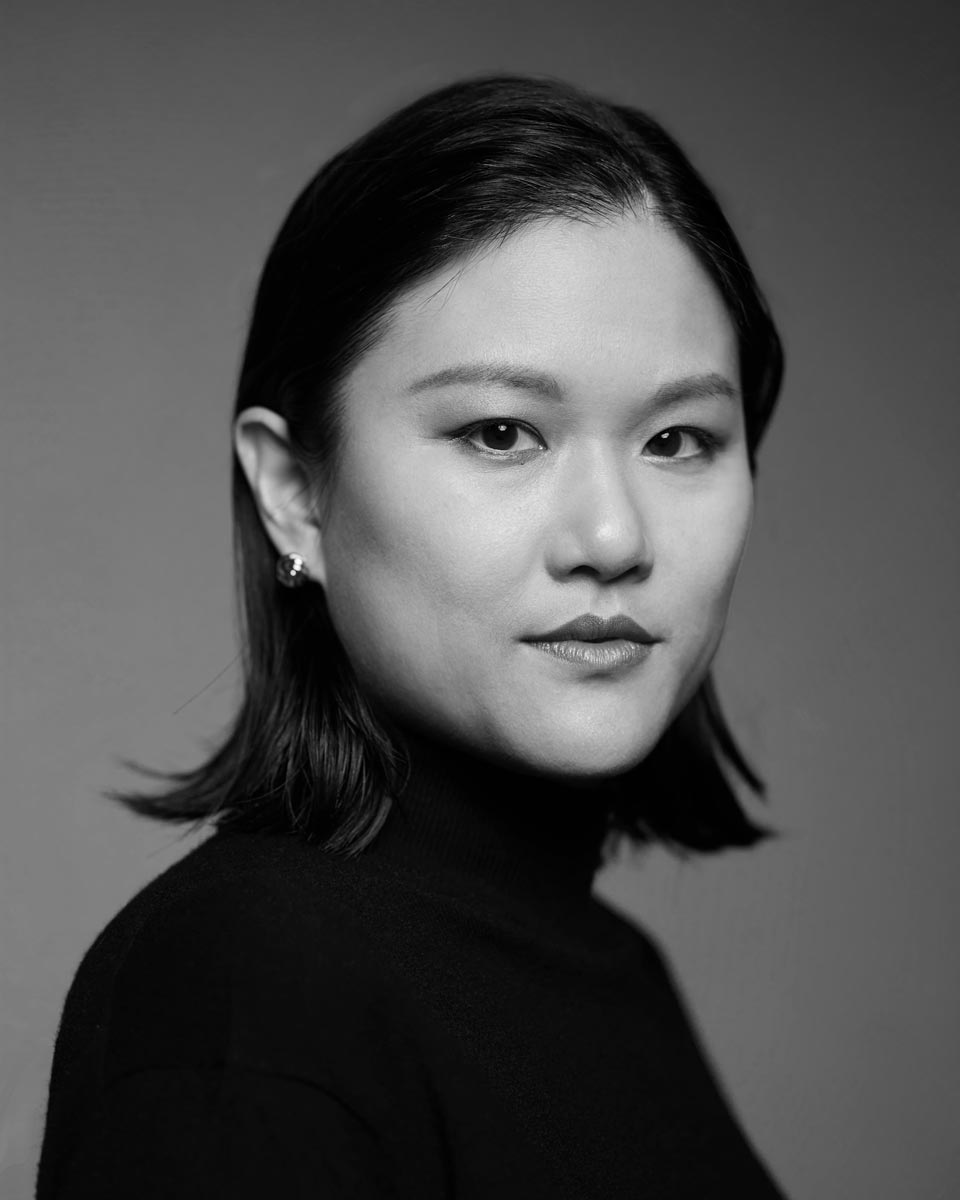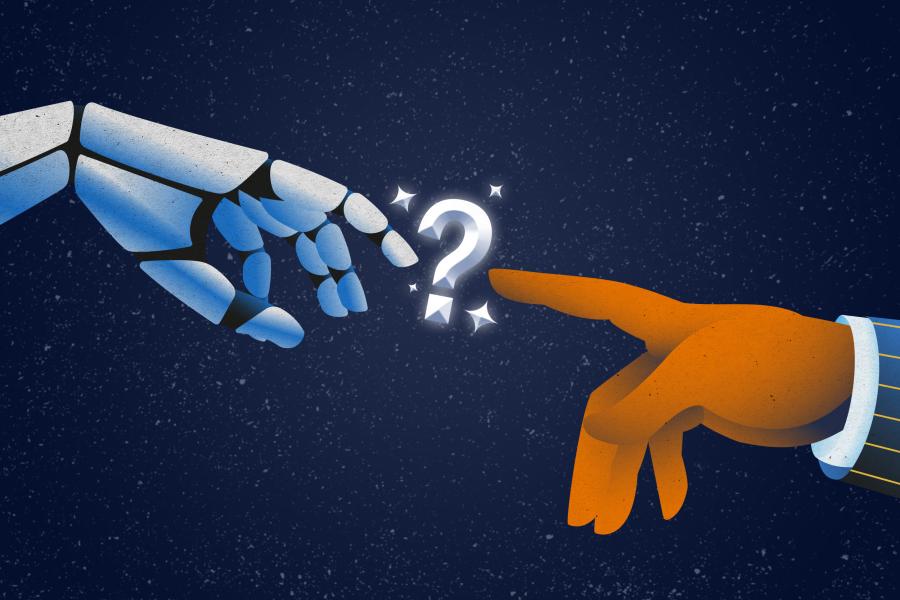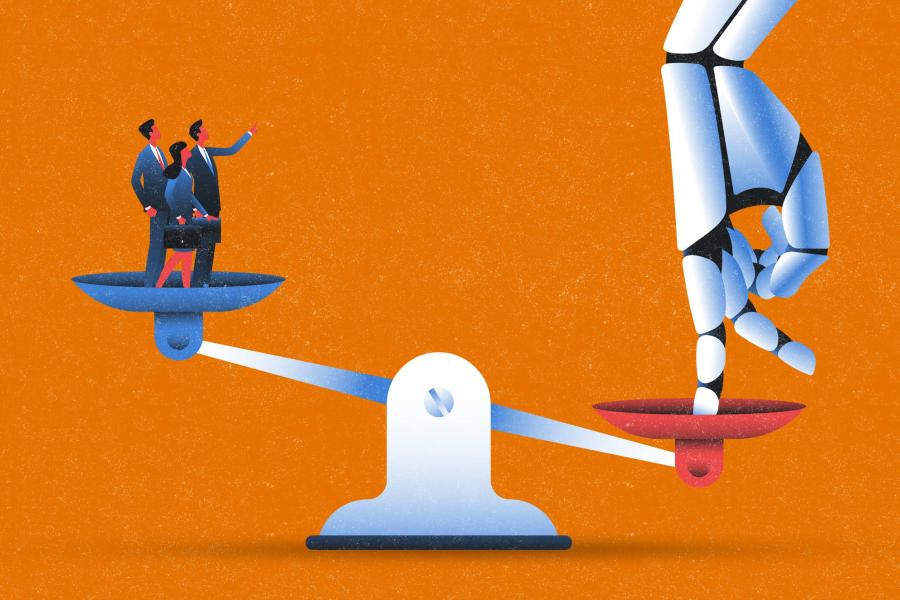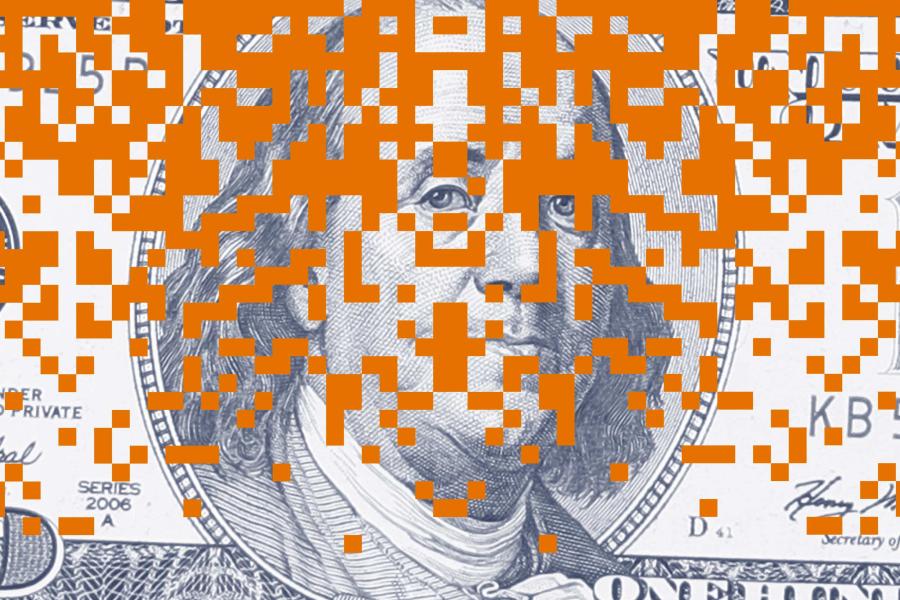What percentage of the world population is leading the expansion of artificial intelligence?
New York Times bestselling author Karen Hao, the first journalist to profile OpenAI, Sam Altman’s artificial intelligence company, says it doesn’t even make sense to talk about percentages.
“There are less than 10 men who are leading this,” she said, listing names including Altman, Elon Musk, Mark Zuckerberg, Microsoft CEO Satya Nadella and Jensen Huang, CEO of Nvidia. “Those are the power brokers. There’s no one else.”

Karen Hao is the best-selling author of “Empires of AI: Dreams and Nightmares in Sam Altman’s OpenAI.” The investigative tech reporter wrote the book like a thriller. New York Times reviewer Tim Wu says it is “Excellent and deeply reported.” (Photo by Shoko Takayasu)
Hao warns of the perils the world faces in her celebrated new book, “Empires of AI: Dreams and Nightmares in Sam Altman’s OpenAI,” which she will discuss during a free appearance Tuesday at 6:30 p.m. in University of Virginia’s auditorium in Old Cabell Hall.
AI companies as empires
“I really want people to understand that these companies have consolidated an extraordinary amount of not just economic power, but also political power, and they have become more powerful than pretty much any nation-state government in the world,” she said.
“So, to call them just a business is to not acknowledge the full extent of the controlling influence that they have on so many aspects of politics, geopolitics, the environment, labor (and) education.”
The investigative tech journalist – who has contributed to the Wall Street Journal and The Atlantic – argues that, like empires, their footprints are so big simply calling them businesses that provide products and services is “completely insufficient.”
Hao describes these companies as “empires,” calling that “the only analogy that really works for understanding how these companies operate.” In her view, they claim resources that aren’t their own, relying on a large global workforce paid just pennies to perform the work that keeps tools like ChatGPT running. She said they also monopolize knowledge production, snapping up the world’s top researchers.
“If most climate scientists were bankrolled by the fossil fuel industry, you obviously would not get a clear picture of the current state of the climate crisis,” Hao offered as an example.









